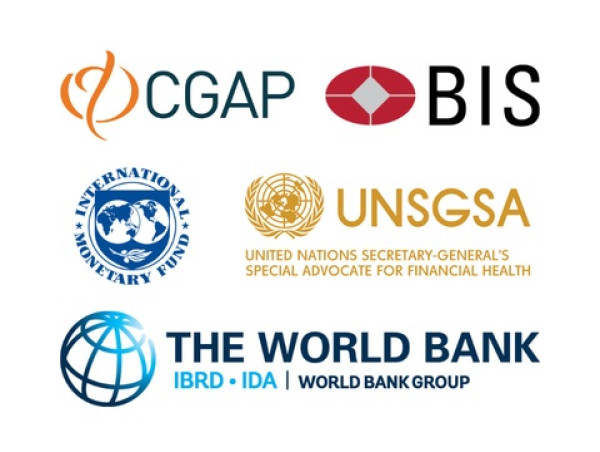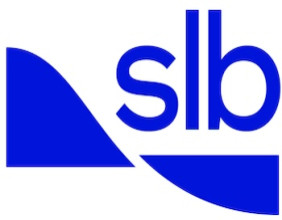A coalition of international organizations today launched high-level guidelines for public authorities seeking to harness open finance to accelerate digital financial services and innovation and increase usage of a broader range of financial products.
Alongside investment in digital public infrastructure, and ongoing efforts to reach the 1.4 billion people globally who still do not have access to a basic transaction account, open finance can be the next frontier for the growth of the financial services industry. 76% of the world’s population now have access to a financial account and open finance can expand their use and increase the benefits customers derive from financial services.
Her Majesty Queen Máxima, the United Nations Secretary-General’s Special Advocate for Financial Health (UNSGSA), said that as open finance becomes more prevalent, there is an opportunity to shape it in a way that benefits everyone—especially those who have so far been financially excluded or underserved.
“While we have made great strides in expanding access to financial accounts, much work remains to ensure that individuals are actively using and benefiting from a broad range of financial services that meet their complex financial needs, including savings and insurance products,” said UNSGSA Queen Máxima. “With appropriate data and consumer safeguards in place, open finance can play a transformative role in deepening financial inclusion and enhancing consumer financial health.”
“Open Finance done right could be a game changer, making it possible to bring financial services to people who traditionally have had none,” said World Bank Group President, Ajay Banga. “It could also be a boon for small businesses. We’re working with countries to promote open finance and help us reach our goal of providing capital to 80 million more women entrepreneurs who currently have little access to it.”
In an open finance system, the customer can give consent to a financial institution to share their data with other financial institutions without need for bilateral contracts. This reduces information asymmetry among institutions and fosters a more competitive market for new and innovative products, services and business models to emerge. This empowers customers, including women and micro and small enterprises (MSEs), to more easily compare and choose financial services providers and products, selecting those best suited to their individual needs.
Open finance can also bring new or enhanced risks. As more data is exchanged between financial sector providers, data security, protection, and privacy risk are heightened for consumers. The high-level guidelines therefore call on public authorities to adopt an approach balancing consumer protection with promoting innovation.
“The entry of new financial players can boost innovation and competition, but it also creates regulatory challenges,” said IMF Managing Director, Kristalina Georgieva. “Competition may be at risk if dominant players from other sectors can access financial data without sharing their own. Public authorities will need to closely monitor the ecosystem to ensure it meets policy objectives.”
Bank for International Settlements General Manager Agustín Carstens said, “Open finance holds great promise for fostering innovation and competition, empowering customers and improving financial inclusion. But the benefits can only be realized if accompanied by adequate regulation and safeguards. This joint effort to outline the key considerations for open finance will contribute to the design and implementation of sound frameworks.”
Known as the "Key Considerations for Open Finance", the development of these guidelines was led by CGAP in collaboration with the BIS, the International Monetary Fund (IMF), the Office of the United Nations’ Secretary-General’s Special Advocate for Financial Health (UNSGSA), and the World Bank.
View source version on businesswire.com: https://www.businesswire.com/news/home/20241120979985/en/
![]()




